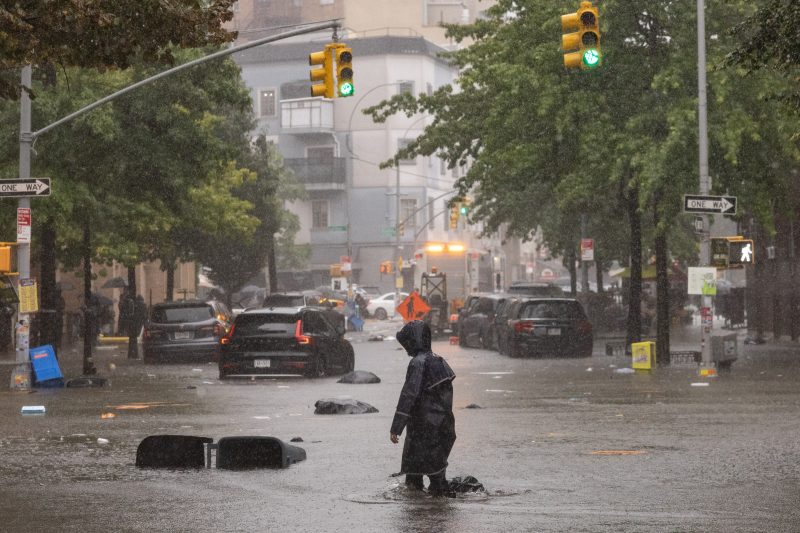In an era of increased polarization on political issues, the climate change debate has become a major source of tension and discord. This is especially true in terms of the cultural divide between those who prioritize addressing climate change and those who do not. To better understand the cultural gap between these two groups, researchers recently developed a “political-cultural gap” index that measures these differences across the U.S.
The study, which was conducted by a team of three researchers from the University of California, Berkeley, sought to quantify the political-cultural gap between Democrats and Republicans on the issue of climate change. They used a variety of sources to measure the divide, including partisan contact via phone polls, public opinion surveys conducted over the past five years, and national data on partisan identification.
The researchers found that the political-cultural gap on climate change was greater between Democrats and Republicans than most issues. The gap was especially pronounced in terms of messaging focus. They found that Democrats place a greater emphasis on individual responsibility and policy responsiveness, while Republicans place greater emphasis on national security and economic growth.
The political-cultural gap on climate change also differed based on region. The study found that the gap was smallest in the Midwest, while it was greatest in the West and Northeast. The researchers also noted that the gap was greatest among people in their twenties, thirties, and forties, and smallest among those in their sixties and seventies.
The implications of the political-cultural gap on climate change are significant. It presents a major challenge for any effort to find a bi-partisan approach to addressing climate change. The results of the study also suggest that it may be easier to reach a consensus on other issues than climate change, particularly in regions where the gap is relatively small.
Ultimately, this research highlights the importance of further examining the political-cultural gap on climate change. It provides context for understanding and addressing climate change at the local and national level. Understanding this divide is essential for finding solutions that are palatable to both parties and, ultimately, for protecting our planet and our future.





